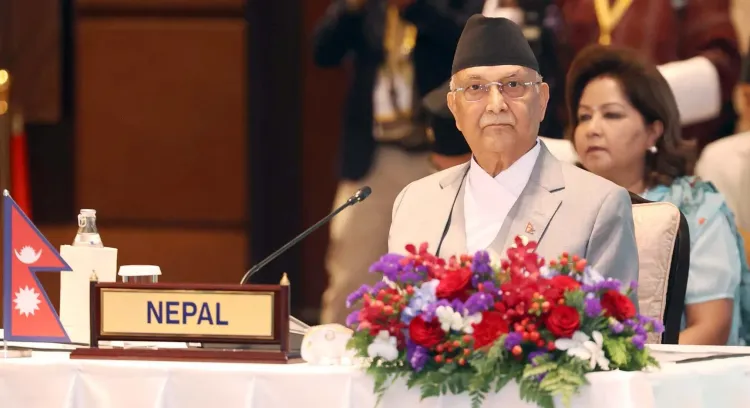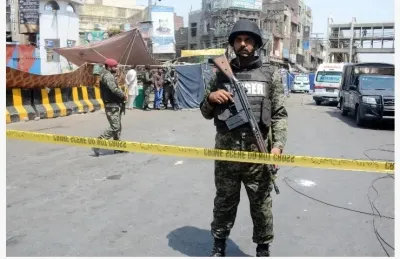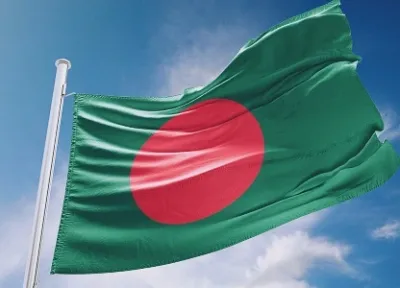Why is Nepal Concerned About Rising India-Pakistan Tensions?

Synopsis
Key Takeaways
- Nepal expresses serious concerns about India-Pakistan tensions.
- Operation Sindoor is a key military response from India.
- Nepal condemns terrorism and stands with India.
- Protests in Nepal highlight public sentiment against terrorism.
- Regional stability is critical for peace in South Asia.
Kathmandu, May 8 (NationPress) Nepal has voiced serious concerns regarding the intensifying strains between India and Pakistan, following a cruel terrorist attack in Pahalgam that claimed the lives of 26 innocent civilians, including a Nepali citizen named Sudeep Neupane.
This reaction came after the Indian military initiated Operation Sindoor, targeting nine significant terror sites in Pakistan and Pakistan-occupied Kashmir (PoK) as a retaliatory measure to the horrific April 22 terror incident.
“In this sorrowful time, Nepal and India stand in solidarity, united by shared grief and suffering. It is worth noting that Nepal had promptly and unequivocally condemned the brutal terrorist strike, aligning with its firm stance against all forms of terrorism,” stated Nepal’s foreign ministry.
“Nepal supports all efforts in the battle against terrorism. Upholding its principled position, Nepal will not permit any hostile forces to utilize its territory against neighboring nations. Nepal aspires for a de-escalation of tensions and reaffirms its commitment to enduring peace and stability in the region,” the statement further emphasized.
Previously, significant protests unfolded in Nepal, including demonstrations outside the Pakistani Embassy in Kathmandu, denouncing Pakistan’s role in sponsoring terrorism in India after the tragic Pahalgam assault.
Numerous Nepali civil society groups and political representatives, comprising leaders from the Rastriya Prajatantra Party, participated in the march against the lethal terror attack, executed by four terrorists, two of whom hailed from Pakistan.
Protesters were observed carrying banners proclaiming “Justice for Sudeep Neupane,” voicing chants against Pakistan, and striking a photo of Pakistani Army General Asim Munir with shoes.
In the wake of the attack, Nepal’s Prime Minister K P Sharma Oli also reached out to PM Narendra Modi to vehemently condemn the attack in Jammu and Kashmir’s Anantnag district and extend condolences for the tragic loss of lives.
Oli condemned the Jammu and Kashmir terror assault as “heinous” and discussed the matter extensively with Prime Minister Modi.
Operation Sindoor commenced in the early hours of Wednesday, executed collaboratively by the Indian Army, Air Force, and Navy.
The operation focused on targeting facilities linked to the terror groups accountable for the April 22 attack.
The Indian government asserted that it acted within its rights to respond to the atrocious acts of terror emanating from its neighboring country.
Operation Sindoor represents one of India’s most assertive cross-border military responses since the Balakot airstrikes in 2019.









